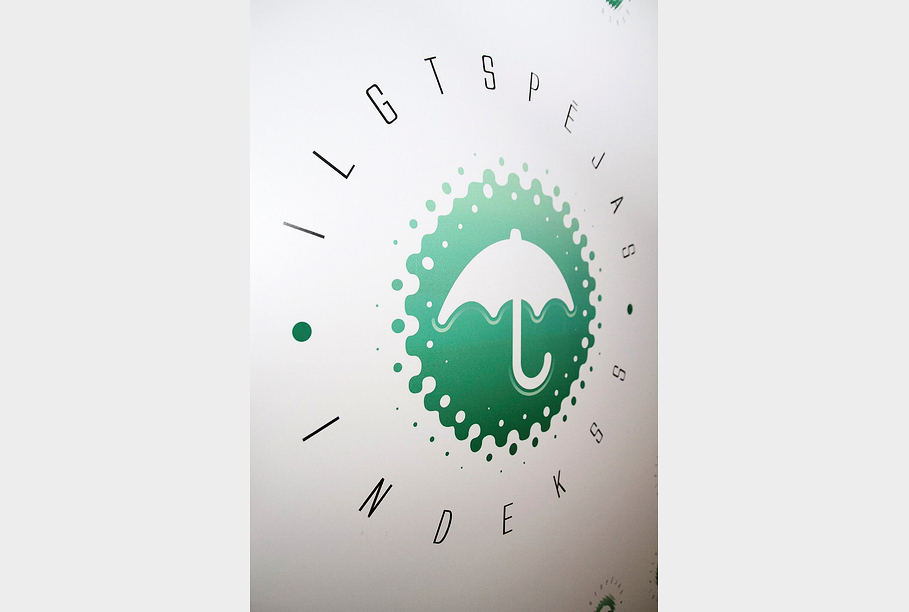Among the various criteria are access to healthcare, water supply, shelter, personal safety, access to information, sustainability, tolerance and education.
Latvia’s relative strengths on the index include such Foundations of Wellbeing as internet usage and press freedoms in terms of access to information and communication, as well as a sustainable ecosystem boasting a comparatively biodiverse habitat.
However its relative weaknesses on the index show problems with the basic human need of water and sanitation facilities, foundations of wellbeing like gender parity in secondary school enrollment in terms of access to basic knowledge, and some public health and wellness issues like non-communicable disease mortality, obesity, suicide and outdoor air pollution.
Also not good in the opportunities category were Latvia’s low showings in personal freedom and choice of way of life and religion, and also for tolerance for immigrants and maintaining a community safety net while lacking a globally ranked university.
Estonia and Lithuania also dropped in the rankings at four places down to 23rd and two spots down to 35th, respectively.
The top five countries were Norway, Sweden, Switzerland, Iceland and New Zealand.
Great Britain was rated 11th, Germany 14th, the USA 16th and France 21st.
Meanwhile, the lowest rungs of the social progress index were taken by Central African Republic, Chad, Afghanistan, Guinea and Angola.




























